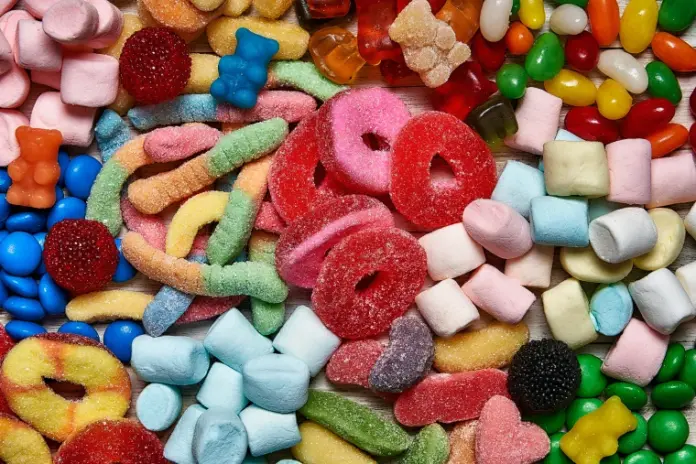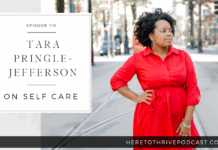In a landmark ruling, the United States government has officially banned eight of the most popular artificial food dyes. The announcement was made by Health Secretary Robert F. Kennedy Jr on Tuesday, describing it as a crucial move towards making Americans “know what’s in their food.”
The ban is specifically for synthetics employed in commonly consumed snacks, breakfast cereals, beverages, and sweets. The oil-refined chemicals will be phased out gradually, starting with Red No. 2 and Orange B in the coming months. The remaining six dyes—FD&C Red No. 40, Yellow No. 5, Yellow No. 6, Green No. 3, Blue No. 1, and Blue No. 2—will most likely be phased out by the end of 2026.
Health Hazards Under the Lens
Scientific concern about synthetic dyes is not new. They have been linked to neurological and behavioral problems, especially among children, by scientists. Dr. Peter Lurie, a former FDA administrator, denounced the dyes for being “only to make food companies money,” since they have no nutritional value. He alleged that they are often used to mask the lack of real ingredients, like fruit.
FDA Commissioner Marty Makary highlighted that although the ban is not a “silver bullet,” it’s a necessary action in enhancing children’s health. “For the past 50 years, American children have been increasingly exposed to a poisonous stew of man-made chemicals,” he stated.
Safer Alternatives Already Exist
The FDA will be approving four new natural color additives in the coming weeks. The natural alternatives, which are already common in countries like Canada and New Zealand, use ingredients like watermelon juice and carrot to add color to food.
Marion Nestle is a retired NYU nutrition professor and he believes that the transition is long overdue. She says that” Enough questions have been raised about their safety to warrant getting rid of them,” Not all children are affected equally. But there’s enough evidence from animal studies to justify their elimination.
Also read: Oblivion Remastered Arrives on PS5, Xbox, and PC: Price, Features, and Game Pass Information
A Global Perspective
The U.S. is catching up with other countries. The United Kingdom eliminated six artificial food colorings in 2009. The European Union takes it a step further, prohibiting some dyes altogether and putting warning labels on others.
Even in the U.S., there has been momentum building. West Virginia recently prohibited synthetic dyes and preservatives in food, and other states are looking at similar legislation.
What Changes for Consumers?
The elimination of these dyes will have foods appearing slightly different in the not-too-distant future. Gaudy hues in cereals and snacks might disappear. However, their taste and safety will get better. Manufacturers will have to adjust rapidly. The products appeal directly to children. It is directed towards Froot Loops, M&M’s, and Gatorade.
In a good fortune, the majority of companies already produce dye-free forms for international markets. For example, Kellogg uses natural color for Froot Loops in Canada but continues to use artificial dyes in the United States.
Kennedy’s Broader Food Policy Vision
This ban is part of a broader push. Kennedy, who campaigned for president on the ticket of Donald Trump, has also vowed to revolutionize school food and eliminate ultra-processed foods. “We’ll tackle every additive and ingredient in school food that we can legally target,” he declared.
His actions are a prime example of increased public awareness for food quality and transparency. By removing dyes and promoting cleaner labels, Kennedy aims to build a healthier future for generations to come.
Conclusion
The ban on artificial food dyes is a milestone in U.S. food policy. While the transition will take time, it’s a victory for public health and integrity. With more natural alternatives becoming common, consumers can look forward to safer, more honest food.








